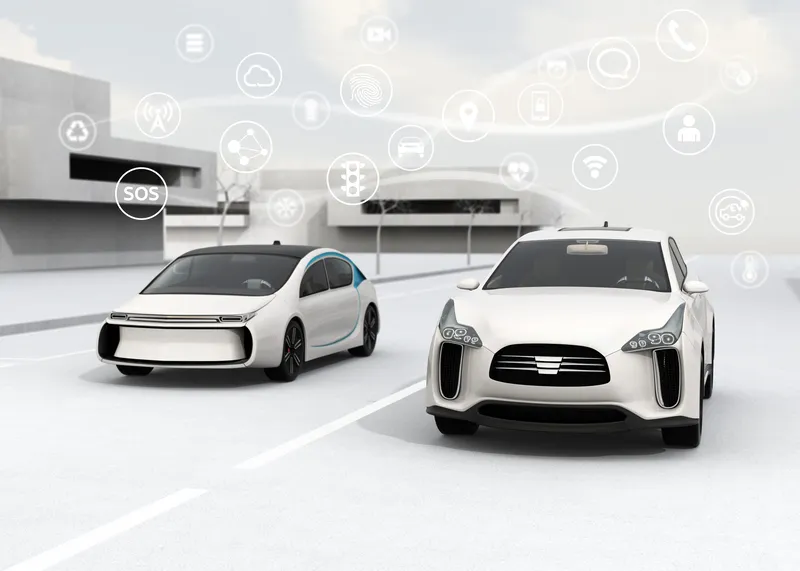The 4D radar is expected to detect the coordinates and speed of the road scene objects as well as their shape during all weather conditions.
According to Cognitive, the solution supports SAR (synthetic-aperture radar) technology which is used to build a map of the environment around the vehicle. This technology also allows the car to see potholes and curbs.
The radar detects objects at a distance of 300m in a range of azimuth angles greater than 100 degrees and elevation angles up to 20 degrees, the company adds.
An azimuth is the angle formed between a reference direction and a line from the observer to a point of interest.
Also, the product comes with video cameras and cognitive low-level data fusion technology to offer improved computer vision capabilities.
Olga Uskova, president of Cognitive Technologies, says the company intends to produce up to 4.5 million radars per year by 2022.
Cognitive Technologies launches 4D Radar for self-driving cars
Cognitive Technologies says its 4D Imaging Radar for self-driving cars carries out vertical scanning without using mechanical components and can detect objects with an accuracy over 97%.
The 4D radar is expected to detect the coordinates and speed of the road scene objects as well as their shape during all weather conditions.
According to Cognitive, the solution supports SAR (synthetic-aperture radar) technology which is used to build a map of the environment around the vehicle. This technology also all
February 21, 2019
Read time: 2 mins
Cognitive Technologies says its 4D Imaging Radar for self-driving cars carries out vertical scanning without using mechanical components and can detect objects with an accuracy over 97%.










